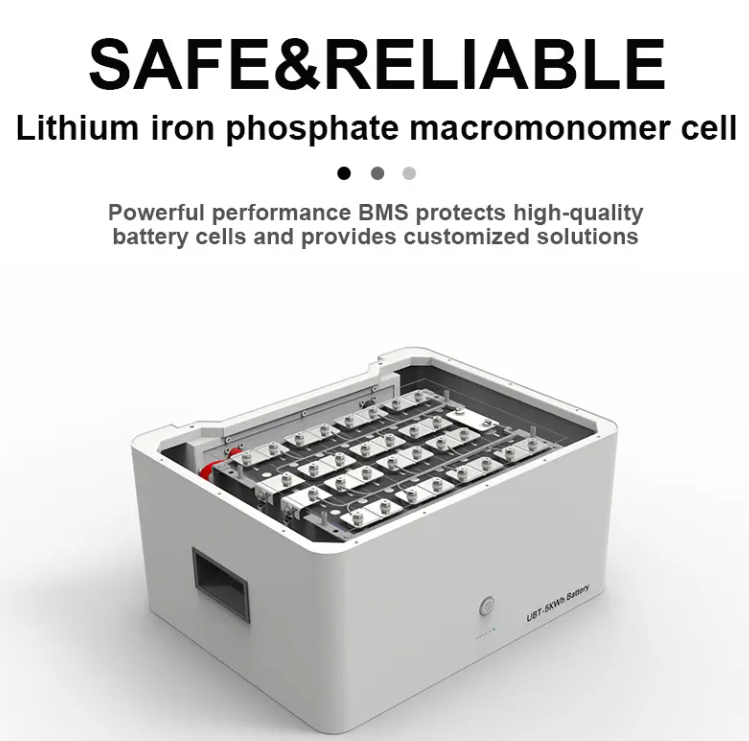Views: 206 Author: Ubest Publish Time: 2023-04-25 Origin: Site









When determining the size of the backup battery required for your home, it’s crucial to consider your household energy consumption. A household’s energy consumption depends on the number and type of appliances used — and for how long.
A small, portable power station can power basic essentials such as lights, personal electronic devices like laptops and phones, and smaller appliances for a day or two. Bigger systems can power your entire home for a week or more, depending on the number of extra batteries you purchase and your home’s energy usage.
To estimate your energy consumption, you can average your monthly electricity bills or use a smart meter to monitor your usage in real-time. Standard household devices and appliances that consume a significant amount of electricity include:
Refrigerator (100-200 watts/hour for standard models, up to 700 watts/hour for high-end models with additional features)
Electric oven (3,000 watts/hour for standard models, up to 5,000 watts/hour for high-end models with self-cleaning features)
Microwave oven (700-1,200 watts/hour)
Coffee maker (900-1,500 watts/hour)
Air conditioner (depending on the size and type, can consume anywhere from 1,000-5,000 watts/hour)
Heat pump (consumption can range from 1,000-5,000 watts/hour)
Television (depending on the size and type, can consume anywhere from 100-500 watts/hour)
Computer (depending on the type and usage, can consume anywhere from 50-300 watts/hour)
Gaming systems (depending on the model, can consume anywhere from 100-300 watts/hour)
It’s important to remember that these are rough estimates, and actual energy consumption will vary depending on the manufacturer, usage patterns, and other factors. However, by accounting for the energy usage of these common household appliances, you can estimate the size of the backup battery required to power your home.
You can also invest in multiple battery sizes to serve different energy needs. You can mix and match to create a custom home backup power solution.
Also, calculating the best backup battery size should factor in energy consumption, the power outage duration, how many appliances you consider essential, and your budget.
Once you have a rough estimate of your total energy consumption and the blackout duration you want to be protected against, you can choose the right battery technology, output, and storage capacity to fit your needs and budget.
How Can Portable Power Stations Make Camping More Enjoyable?
Environmentally Friendly Power: How Portable Power Stations Reduce Carbon Footprint
How Can You Improve Your Portable Power Station's Efficiency?
Selecting The Best Portable Power Station for Your Camping Trip
Portable Power Stations: The Energy Independence of The Future
Types And Alternatives of Battery Energy Storage Systems (BESS)
What Are A Low-voltage Single-phase Hybrid Inverter And A Low-voltage Three-phase Hybrid Inverter?
Are Portable Power Stations The Best Option for Power While You're on The Go?
How Can Portable Power Stations Transform Your Outdoor Activities?